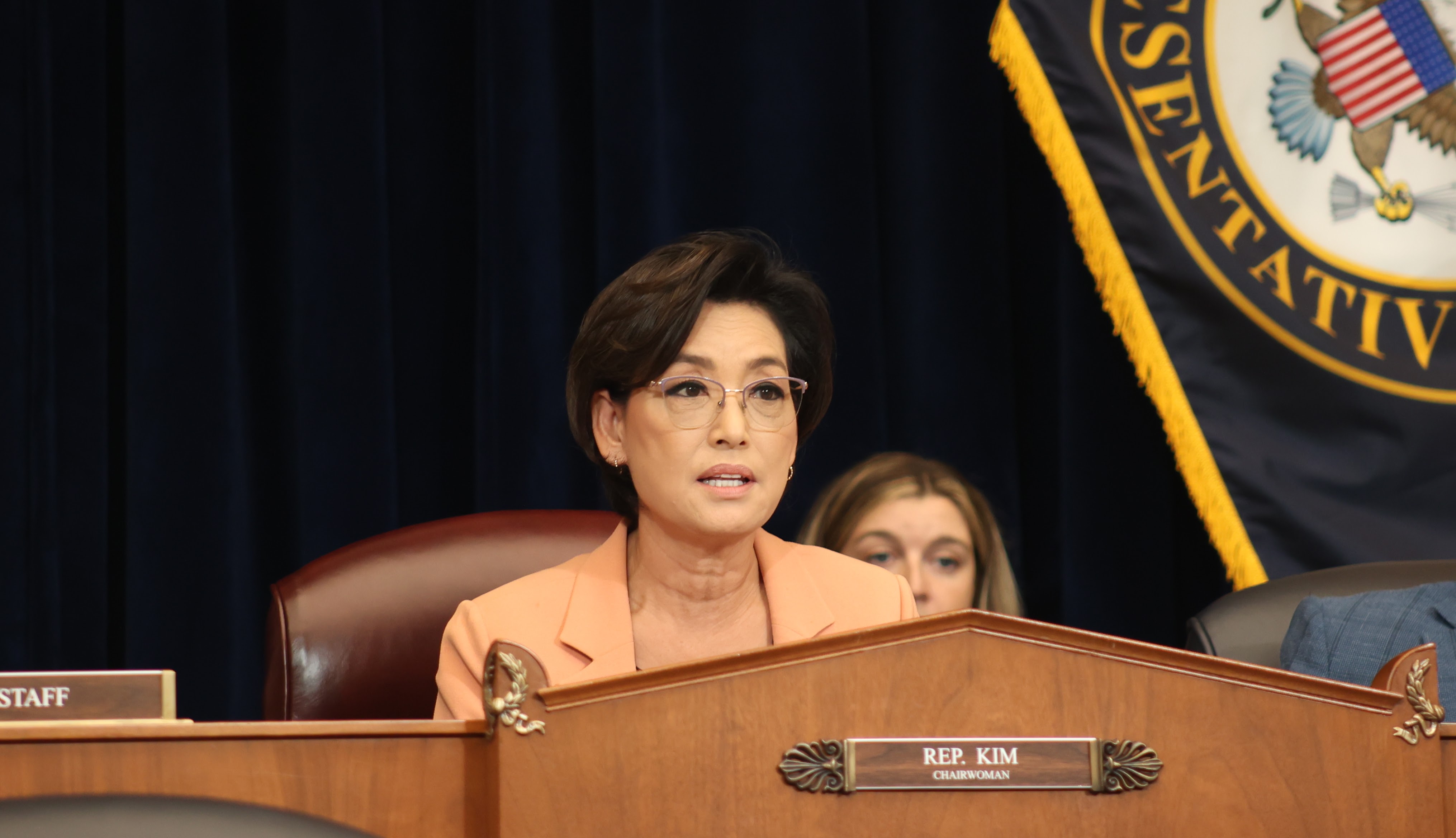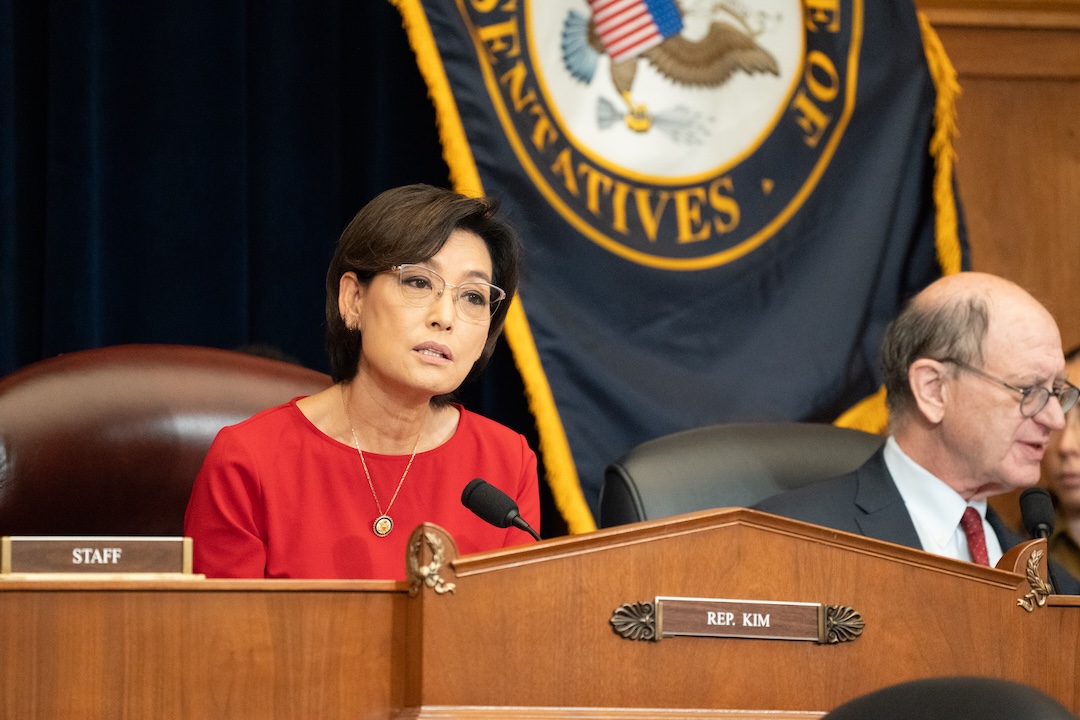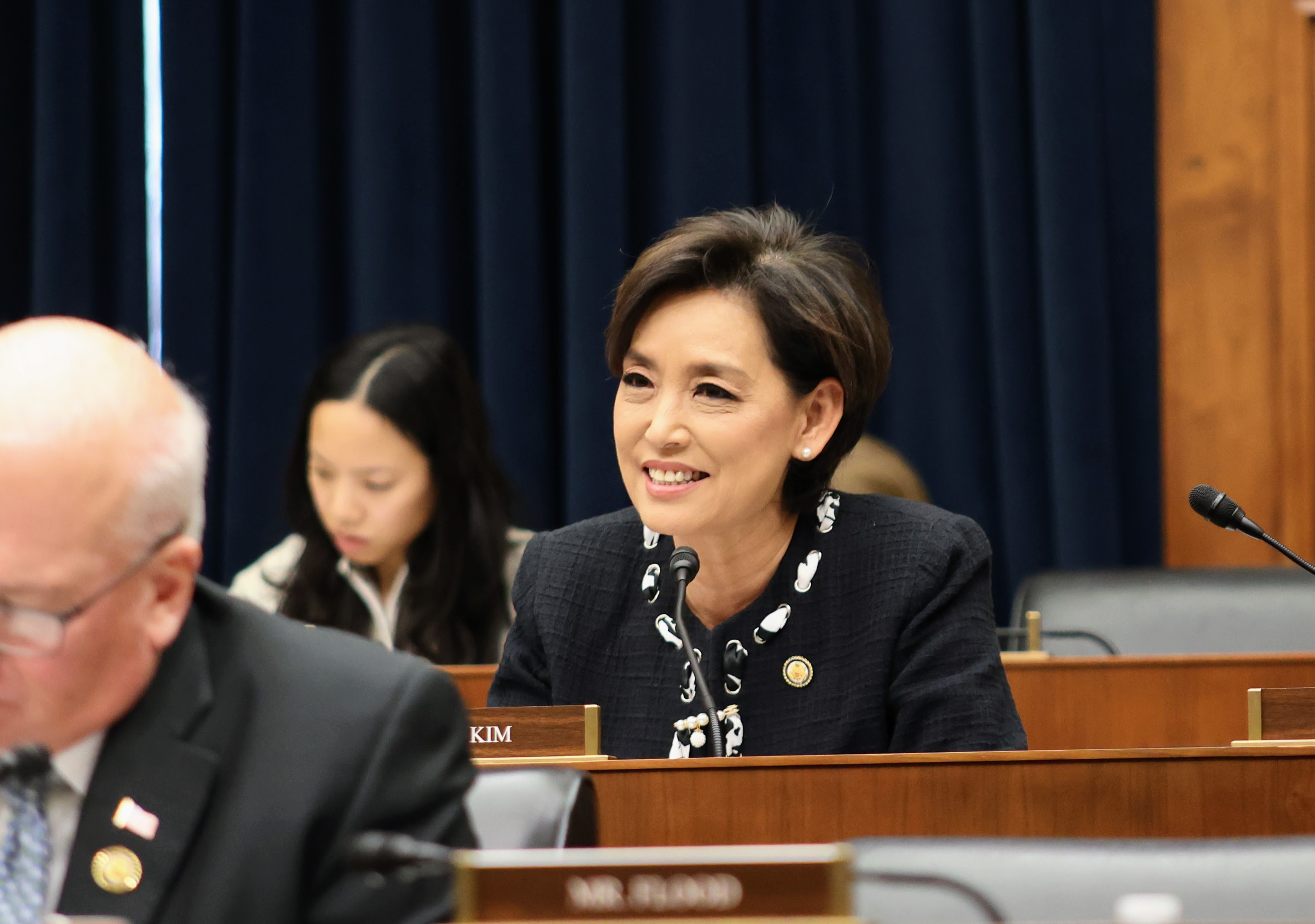Chinese fast-fashion company Shein, looking to reshape how it’s perceived in the United States, started by addressing American lawmakers’ concerns about how it sources its cotton, The Wall Street Journal reported Thursday.
The online-only retailer, which went viral after influencers posted videos on TikTok to show off massive purchases of Shein clothes, has become a closet staple for Gen Z Americans.
Shein holds the largest share of the fast fashion market in the U.S., reaching 50% in November 2022, according to data from Bloomberg Second Measure. The company churns out thousands of garments a day, accelerating the already furiously fast fashion cycle — and the waste that comes with it — at breakneck speeds.
The company’s efforts to distance itself from China amid rising tensions with the U.S., include funding underprivileged designers around the world, improving working conditions for garment workers and offsetting its carbon footprints, the Journal reported.
Its growing sales are accompanied by criticism of the company’s environmental impact and its human rights record.
Shein emits about 6.3 million tons of carbon dioxide a year in its production processes, TIME has reported, and a documentary by the U.K.’s Channel 4 found that the retailer’s employees worked 75-hour shifts with few breaks.
U.S. Reps. Jennifer Wexton (D-Va.) and Young Kim (R-Calif.) called on companies of all kinds to comply with a new federal aimed at deterring the import of goods made with Uyghur forced labor, the Journal reported.
The lawmakers urged Shein in particular to address whether it sources cotton from China’s northwestern Xinjiang region, home to a majority of Muslim Uyghurs, and where the U.S. has accused the Chinese government of using forced labor and committing genocide, allegations that Beijing denies. Almost 90% of China’s cotton is produced there, according to official government figures reported by the Journal.
Shein told the Journal that it “does not permit any sourcing from that region,” and that it doesn’t have manufacturers in Xinjiang.
Even so, many questions remain about its sourcing and practices. The brand scored a 2% in Fashion Revolution’s latest “Fashion Transparency Index,” which is up from 0% in 2021.




